Choline Deficiency: Everything You Need to Know About This Essential Nutrient
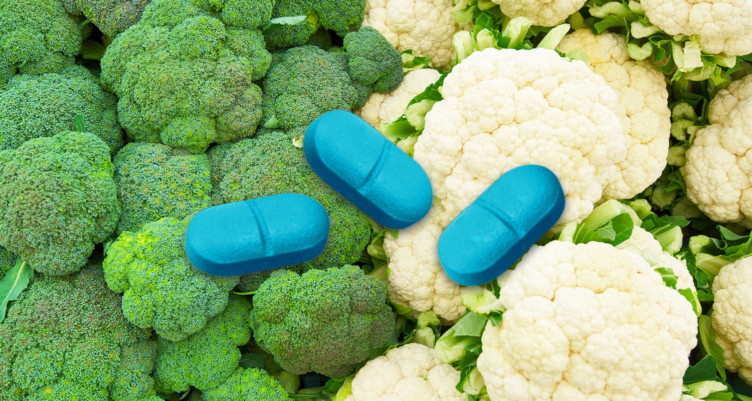
- If you’ve ever experienced brain fog, muscle twitching, trouble with attention or learning, unpredictable moods or nerve tingling, you might need more choline.
- Though your body produces some choline, you also need to eat choline-rich foods or take choline supplements to meet your needs.
- Choline contributes to fetal development and the proper functioning of cell membranes. It also aids the use of fat from your liver and energy production.
- Keep reading to find out what choline does, foods high in choline and if you need a choline supplement.
What is choline? Choline is crucial for your body to function because it’s involved in many different processes. It is essential to get enough for your health. Choline contributes to the formation of cell membranes. It also contributes to neurotransmitter synthesis, fat metabolism, liver function and DNA synthesis.[1][2]
Certain populations are at higher risk of choline deficiency. This includes pregnant and breastfeeding women. That’s because they need more choline for fetal brain development.[3] But choline isn’t just for babies. It is an important part of adults’ metabolism as well.
Foods rich in choline include eggs, meat, fish, dairy products, nuts and vegetables like broccoli and Brussels sprouts. But some people may not eat enough of these foods to meet their choline needs. It’s estimated that more than 90% of Americans don’t get enough choline in their daily diet.[4]
If you’ve ever experienced brain fog, muscle twitching, trouble with attention or learning, unpredictable moods or nerve tingling, you may have a choline deficiency.[5] Keep reading to find out what choline does, and if you need a choline supplement.
Related: Cyclical Keto Meal Plan
What is choline?
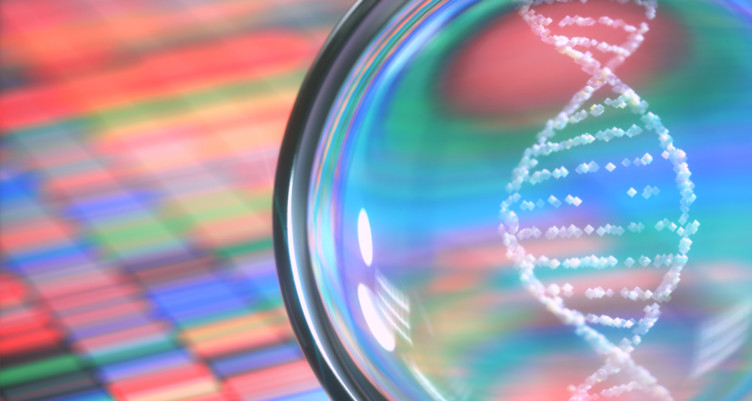
Is choline essential? Until recently, choline was considered a non-essential nutrient because the human body makes it. Since the late 1990s, researchers have agreed that choline is an essential nutrient. You don’t make enough to meet your needs, so you have to make up the difference with food or supplements.[6]
Is choline a vitamin? Choline’s activity is certainly vitamin-like. It’s so similar to the B vitamins that manufacturers often include it in B complex formulas and prenatal vitamins. But scientists haven’t officially labeled choline as a vitamin because researchers have not yet established deficiency criteria for humans.
So, what is choline? In short, it’s a nutrient that’s crucial to your body’s function, and you get enough through foods high in choline or supplements.
What does choline do?
Choline is unique in that it is indispensable for many processes in the body that seem unrelated to each other. Here are a few benefits of choline:
CHOLINE HELPS BABIES DEVELOP

Choline is involved in several vital body processes, starting with your development as a fetus. Prenatal vitamins usually contain choline. It is critical for healthy fetal development, especially for the brain and nervous system.[7]
CHOLINE GROWS STRONG CELL MEMBRANES
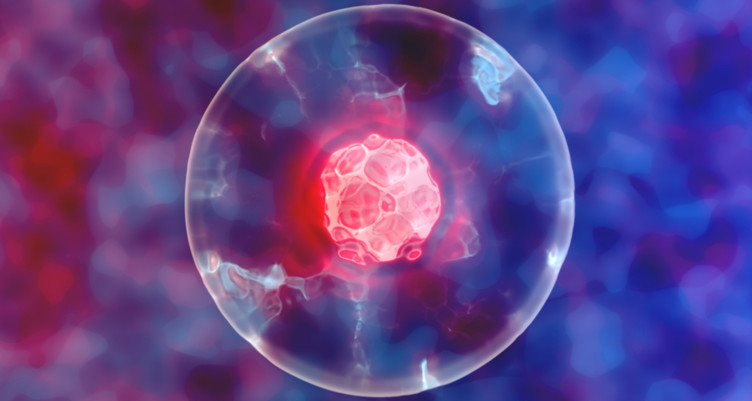
Choline is a vital component of phospholipids, which make up cell membranes.[8] Strong cell membranes help cells resist damage. They also help individual cells perform their functions more effectively.
CHOLINE HELPS YOU USE FAT EFFECTIVELY
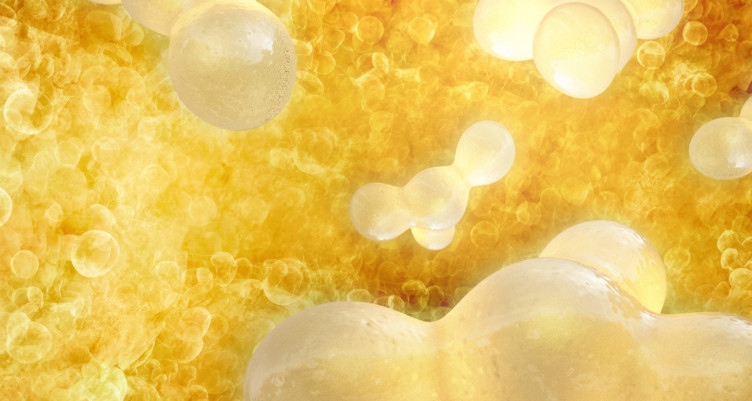
Another function of choline is fat transport. Choline has a crucial role in bringing fats out of the liver for your body to use. Your body needs to take fat out of the liver and send it into the bloodstream. This allows your body to use fat for energy, absorb fat-soluble nutrients and make brain components such as myelin. Choline deficiency may lead to nonalcoholic fatty liver disease. This disease can cause fatigue, abdominal discomfort, jaundice and other complications.[9]
CHOLINE AND METHYLATION
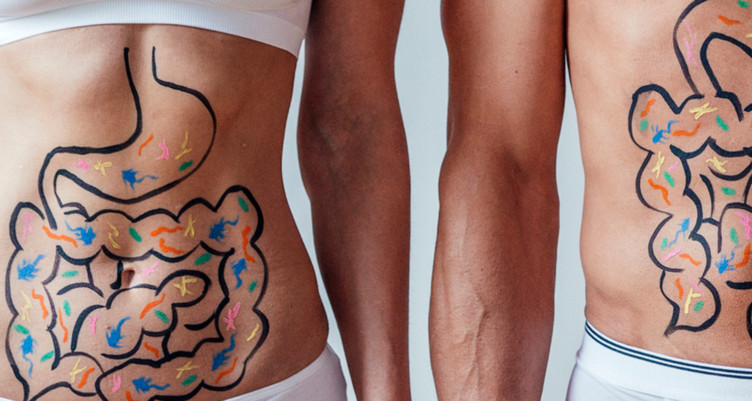
Choline is also involved in methylation, the part of metabolism that helps your body[10]:
High-dose choline may reduce DNA damage in people with methylation problems.[13]
Choline and muscle control
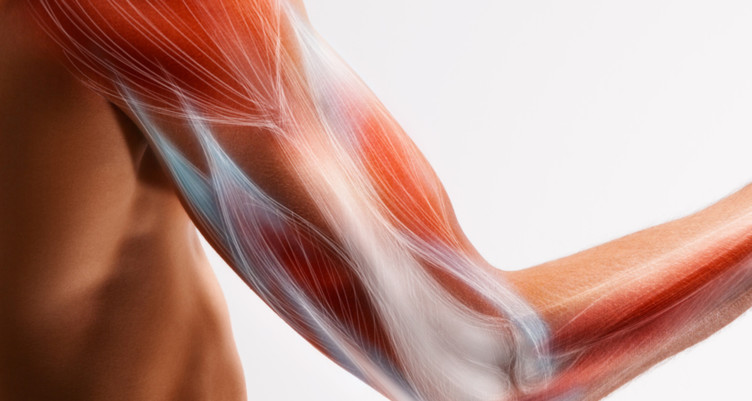
Choline is the building block for acetylcholine. Acetylcholine is a chemical messenger between your nerves and muscles. It tells your muscles when to activate.[14] Acetylcholine deficiency may manifest as blurry vision, nausea, dizziness and fatigue.[15]
Choline and the brain
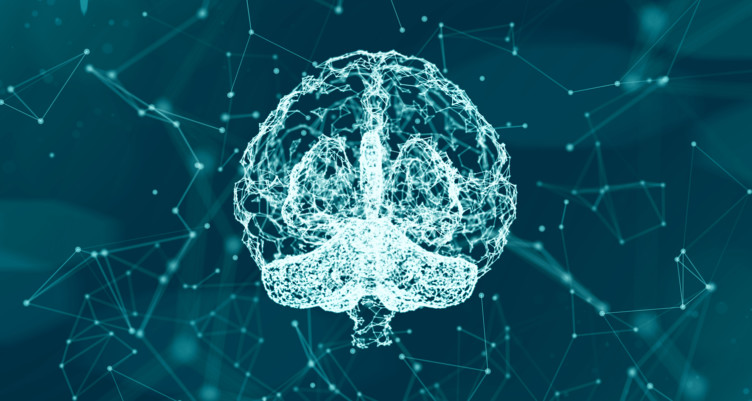
Choline is a nootropic — a supplement that enhances cognitive function. You use acetylcholine when calculating, processing and problem-solving. Having enough choline means having the acetylcholine you need for attention and focus.[16]
Plus, more choline available to your brain means less brain inflammation[17] , which is great for learning, memory, focus and mood.[18]
How much choline do you need?
How much choline you need depends on genetics, gender and environmental factors.[19] The National Institutes of Health recommend:
| Age | Male | Female | Pregnancy | Lactation |
|---|---|---|---|---|
| Infants 0-6 mo | 125 mg/day | 125 mg/day | ||
| Infants 7-12 mo | 150 mg/day | 150 mg/day | ||
| 1-3 years | 200 mg/day | 200 mg/day | ||
| 4-8 years | 250 mg/day | 250 mg/day | ||
| 9-13 years | 375 mg/day | 375 mg/day | ||
| 14-18 years | 550 mg/day | 400 mg/day | 450 mg/day | 550 mg/day |
| 19+ years | 550 mg/day | 425 mg/day | 450 mg/day | 550 mg/day |
Choline deficiency symptoms

You might be deficient in choline if you experience things like:
- Ongoing tiredness or fatigue
- Reduced ability to think things through or problem solve
- Difficulty picking up new information
- Emotional swings or mood disorders
- Memory trouble
- Muscle aches
- Nerve pain or tingling
Foods high in choline
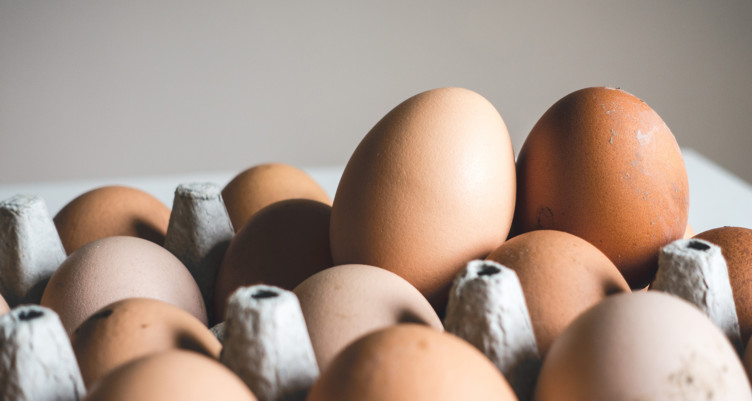
You can take choline supplements, but you can likely get enough if you eat foods high in choline as part of your regular diet. Include a variety of the following foods in your weekly meal plan:
- Beef liver
- Eggs
- Beef
- Brussels sprouts
- Broccoli
- High-quality wild-caught fish and shellfish (tuna, salmon, scallop)
- Cauliflower
- Peas
- Cabbage
- Carrots
- Kiwifruit
Sunflower lecithin is another source of choline. It provides phosphatidylcholine, which breaks down into choline. You can take sunflower lecithin in a capsule or blend the powder into smoothies, your Bulletproof Coffee or mix it into the “Get Some” Ice Cream recipe.
How much choline is too much? You’re not likely to go overboard with food, but if you’re overdoing the choline supplements, you’ll know. Excess choline causes a buildup of trimethylamine, which makes your skin smell like leftover salmon.[20]
Now that you know what choline is, make it a priority to get a minimum of 4-5 servings per week of foods high in choline. Before supplementing, check your combination supplements and nootropic stacks for choline on the nutrition label. You may be taking choline already without realizing it.
Sign up for early access to sales, product launches, the latest Bulletproof news and more!



